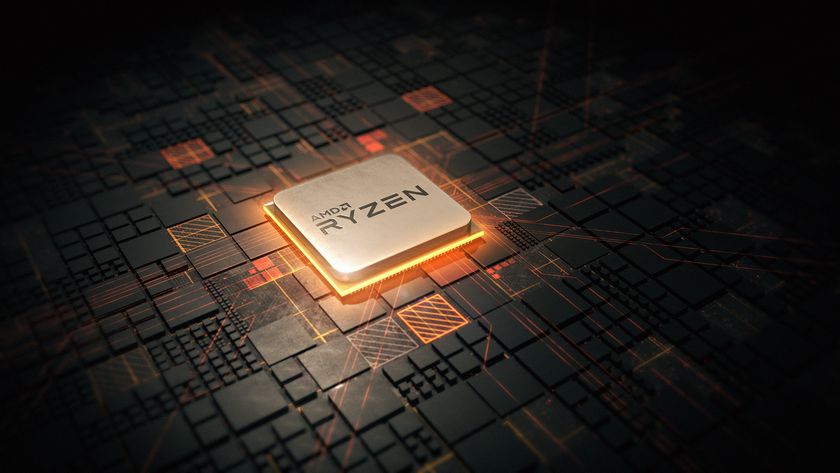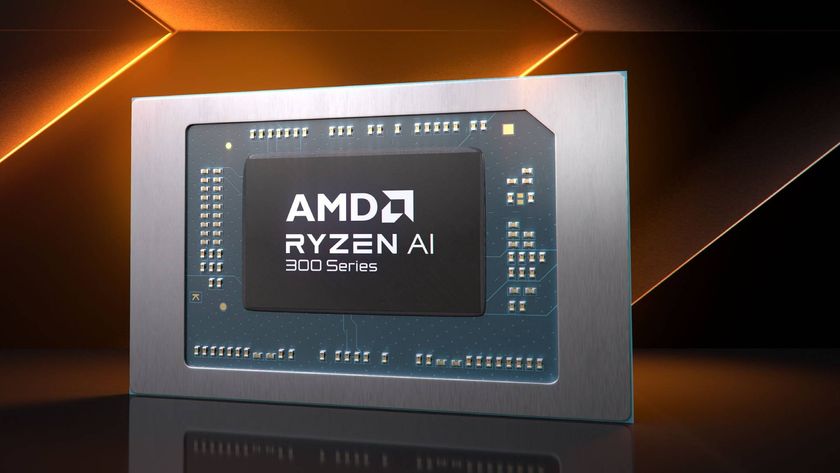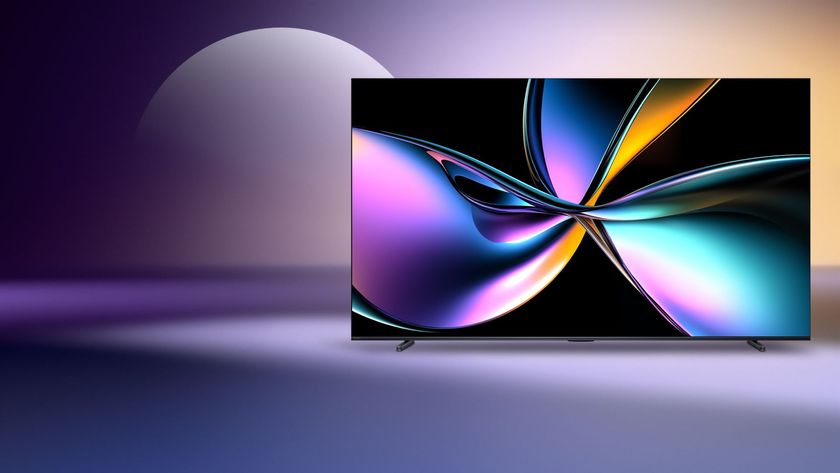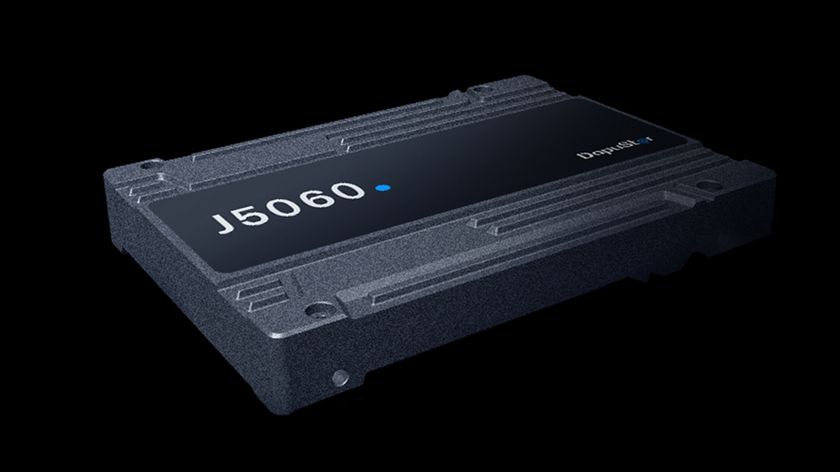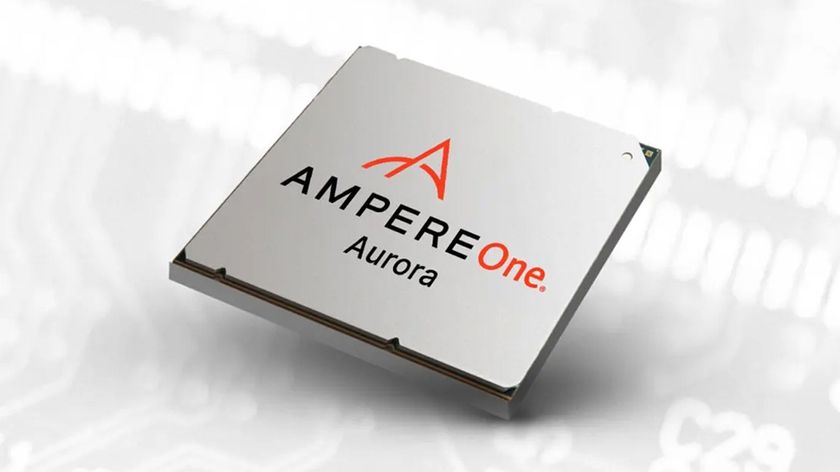'Intel doesn't design actual products'
Why Intel wants to create platforms and services - not just chips
TVs "not bigger PCs"
The same goes for many of the scenarios where Intel thinks the PC will end up. "TVs are not just bigger PCs," says Bell pointedly;"phones are not just smaller ones – and cars are not just PCs with wheels."
It's not just about shoe-horning an Atom chip into the dashboard or the fridge (the Experience Lab is working on projects to use facial recognition to identify drivers and passengers and on a kitchen system that would recognise ingredients and even accidents like spilling coffee).
"The Lab is about how we move from defining experience as a list of features to something more intuitive – and to do that we need to ask the right questions. When you know why people love something you can work out how to make it even more beloved and you can answer some questions about how you create something that will be loved in the future." Another useful question to ask is "What do people hate?"
You wouldn't know it from projects like Viiv, but Intel has 15 years of experience in social science research, cognitive psychology, human factors engineering and design.
For the first time though, the Experience Lab combines social scientists with engineers and both disciplines will work on research projects like facial recognition that works in real time by offloading work to a cloud service – or to spare cycles on another PC in the home.
"We need to move from things we know about people to things we can hand to engineers," Bell says; "and rather than having an anthropologist standing up and saying 'we can build this' I have engineers who can make that happen". Bell and her colleagues have spent over a decade working out what people love; over the next ten years she wants Intel to build more of them.
Get daily insight, inspiration and deals in your inbox
Sign up for breaking news, reviews, opinion, top tech deals, and more.
One idea; "Intel is always very interested in thinking of how you move stuff around; that include human IO, not just compute IO. Think of different sorts of interactions, new forms of input methods that go far beyond simple replacements for the mouse and keyboard."
Mary (Twitter, Google+, website) started her career at Future Publishing, saw the AOL meltdown first hand the first time around when she ran the AOL UK computing channel, and she's been a freelance tech writer for over a decade. She's used every version of Windows and Office released, and every smartphone too, but she's still looking for the perfect tablet. Yes, she really does have USB earrings.
